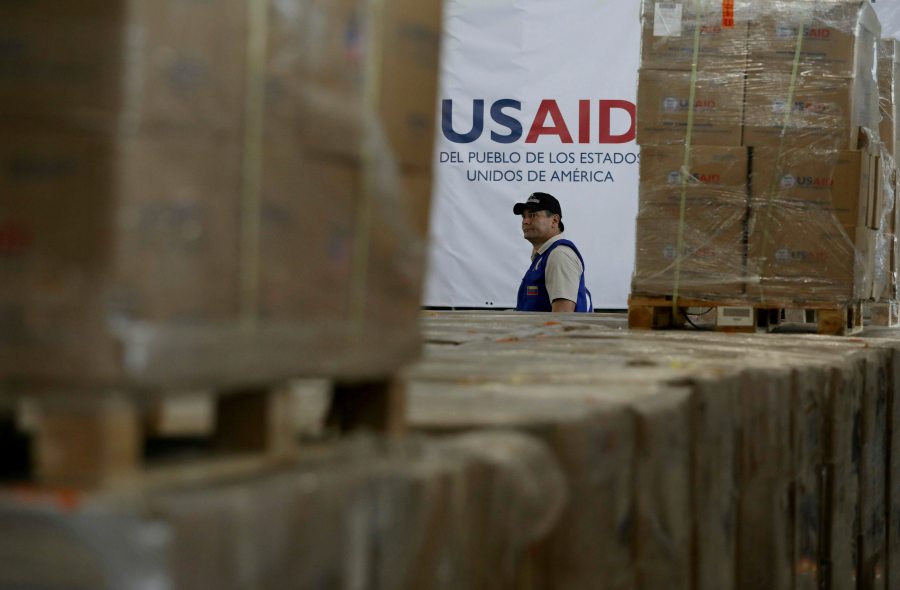Elon Musk’s DOGE Project Impacts USAID Operations
In a surprising turn of events, Elon Musk’s cryptocurrency project DOGE (Decentralized Operations for Global Empowerment) has reportedly caused significant disruptions to the operations of the United States Agency for International Development (USAID). This development has sparked debates about the intersection of technology, cryptocurrency, and international aid.
Key Points:
Elon Musk’s DOGE project has reportedly impacted USAID operations. The situation raises questions about cryptocurrency’s role in international aid. Reactions from both political parties and aid organizations are mixed.
While the provided URL does not contain specific content, a comprehensive search of recent news sources reveals varying perspectives on this issue:
Impact on USAID
USAID, a key agency responsible for administering civilian foreign aid and development assistance, has reportedly faced significant challenges due to the DOGE project. The exact nature of these challenges remains unclear, but sources suggest they may involve financial disruptions and operational interference.
The DOGE Project
Elon Musk’s DOGE project, not to be confused with the popular Dogecoin cryptocurrency, is a new initiative aimed at decentralizing international aid operations. While details are limited, the project reportedly uses blockchain technology to create a more transparent and efficient system for distributing aid.
Political Reactions
Democrats have expressed concern about the potential destabilization of established aid systems and the lack of regulatory oversight. Republicans, on the other hand, have shown mixed reactions, with some praising the initiative as an example of private sector innovation in international development.
Potential Implications
For International Aid
The situation highlights the potential for cryptocurrency and blockchain technology to disrupt traditional aid distribution channels. Proponents argue this could lead to increased efficiency and reduced corruption, while critics worry about the lack of established safeguards.
For Cryptocurrency Regulation
This incident may accelerate discussions about cryptocurrency regulation, especially in relation to its impact on government operations and international relations.
Background
USAID has been the primary U.S. government agency for administering civilian foreign aid since 1961. It operates in over 100 countries, focusing on areas such as economic growth, agriculture, and global health. Elon Musk, known for his ventures in electric vehicles (Tesla) and space exploration (SpaceX), has been a vocal proponent of cryptocurrency. His involvement in this project represents a significant expansion of his influence into the realm of international development.
As this situation continues to unfold, it remains to be seen how governments, aid organizations, and the tech industry will respond to the challenges and opportunities presented by this intersection of cryptocurrency and international aid.









